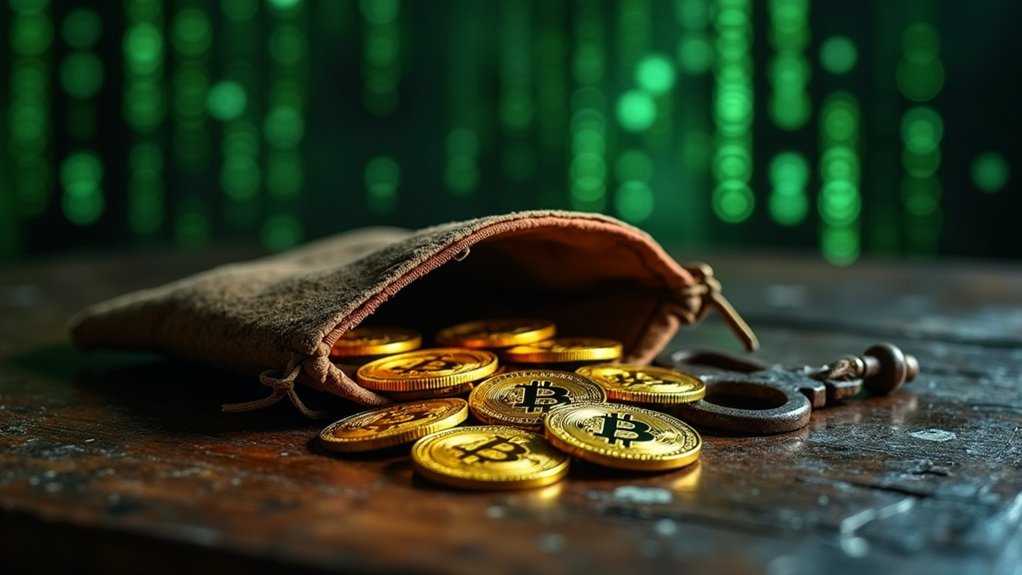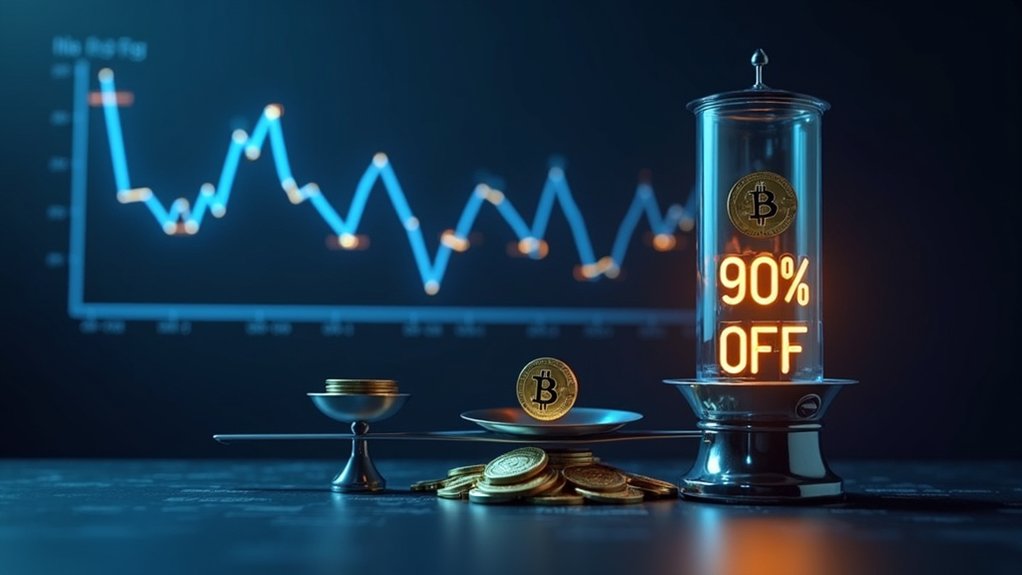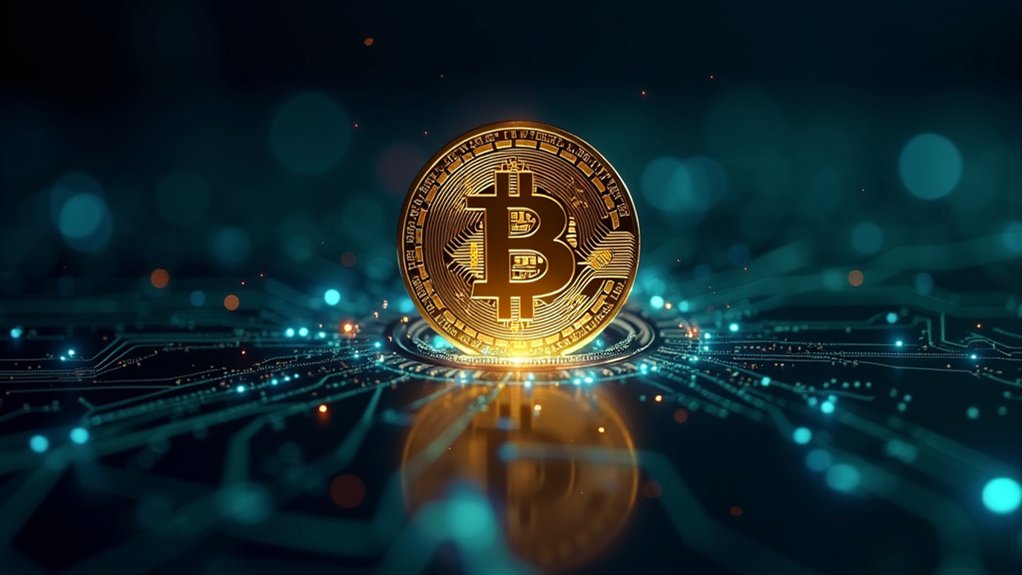The Securities and Exchange Commission’s recent retreat from rigorous crypto oversight, epitomized by the establishment of a task force led by Commissioner Hester Peirce and the dismissal of enforcement actions against major players like Coinbase, flagrantly signals a regulatory volte-face that, while hailed as clarity, risks sacrificing accountability on the altar of innovation, leaving industry actors emboldened and federal agencies scrambling to delineate their shrinking authority amid a landscape riddled with unresolved legal ambiguities and burgeoning private litigation. Token classifications, once murky and contested, have been conveniently recalibrated to exclude memecoins from securities oversight, a move that, while superficially clarifying, reeks of regulatory abdication, effectively greenlighting previously questionable instruments to flourish unchecked. This selective laxity in regulatory enforcement sends a dangerous signal: compliance is optional when innovation demands it, a precedent that undermines market integrity and investor protection alike. Meanwhile, the absence of robust KYC and AML compliance frameworks exacerbates risks related to financial crime and fraud within the crypto ecosystem.
The Trump administration’s executive order in January 2025, ostensibly designed to “provide regulatory clarity and certainty,” instead unspooled a deliberate loosening of federal oversight, dismantling prior administration policies that sought to impose meaningful constraints on crypto excesses. The SEC’s Crypto Task Force, rather than tightening the regulatory noose, pivoted towards an engagement-driven approach that seemingly prioritizes industry growth over rigorous enforcement, evident in the abrupt closure of investigations into major platforms like Opensea and Robinhood without consequence. This regulatory retreat, far from resolving jurisdictional tensions among agencies like FinCEN, CFTC, and SEC, has only exacerbated confusion, leaving compliance obligations diffuse and enforcement priorities blurred. Meanwhile, federal agencies are moving toward lighter regulation, aiming to balance innovation with security and consumer protection.
Meanwhile, the market’s reaction—eager anticipation of reduced volatility and surging altcoin valuations—ignores the looming specter of private litigation, which now carries the enforcement mantle in a regulatory vacuum. In this brave new world where innovation trumps oversight, accountability becomes the sacrificial lamb, and the consequences of this recklessness remain ominously uncharted.









